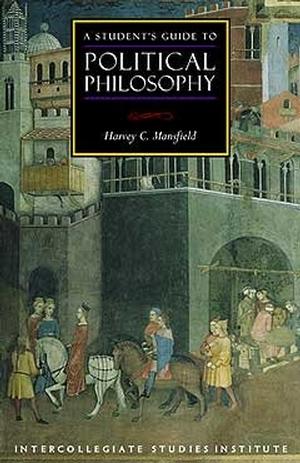Political Philosophy is found in great books—those by Plato, Aristotle, Locke, Rousseau and others of the highest rank—and in books by professors. You should spend much more time with the great authors than with the professors, and you should use the professors to help you understand the great authors; you should not allow yourself to be diverted or distracted from the great books by the professors. Why not go for the gold? Why be content with the dross? I am a professor; so take it from me that I am only a subordinate guide, one with the office of introducing you to the true guides. Political philosophy can also be found outside the books—in actual politics—but here we see it only in its first strivings, before it appears under its own name. Citizens and politicians do not claim to be philosophers, whom they rather look down on as ingenious but inept. But politics and political philosophy have one thing in common, and that is argument.
If you listen to the talk shows, you will hear your fellow citizens arguing passionately pro and con with advocacy and denigration, accusation and defense. Politics means taking sides; it is partisan. Not only are there sides—typically liberal and conservative in our day—but also they argue against each other, so that it is liberals versus conservatives.
Detail, The Effects of Good Government in the City, Ambrogio Lorenzetti, 1338
